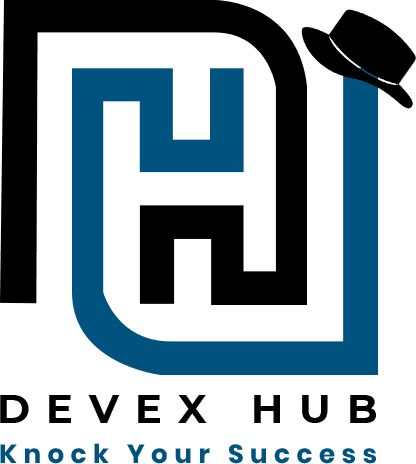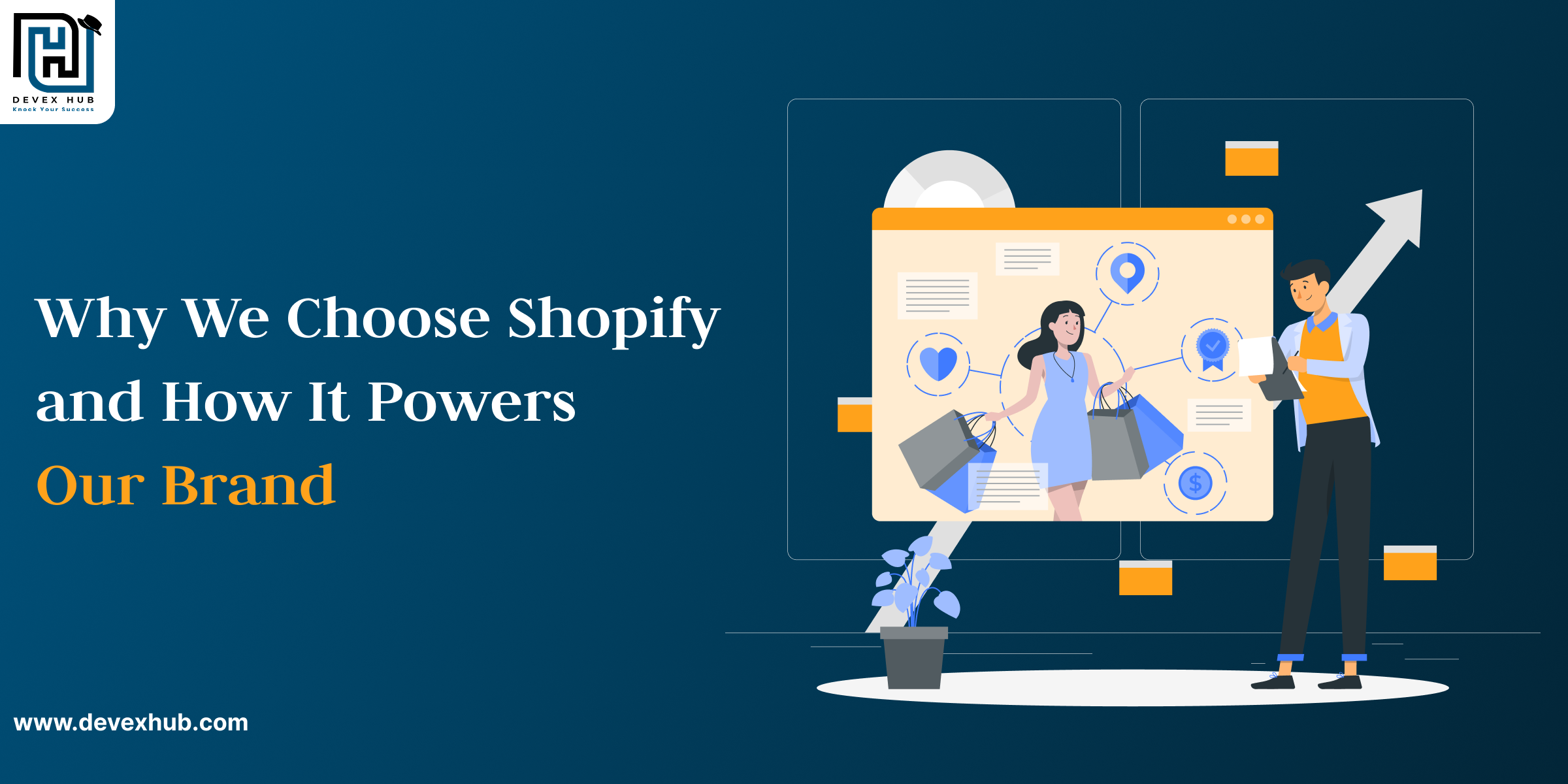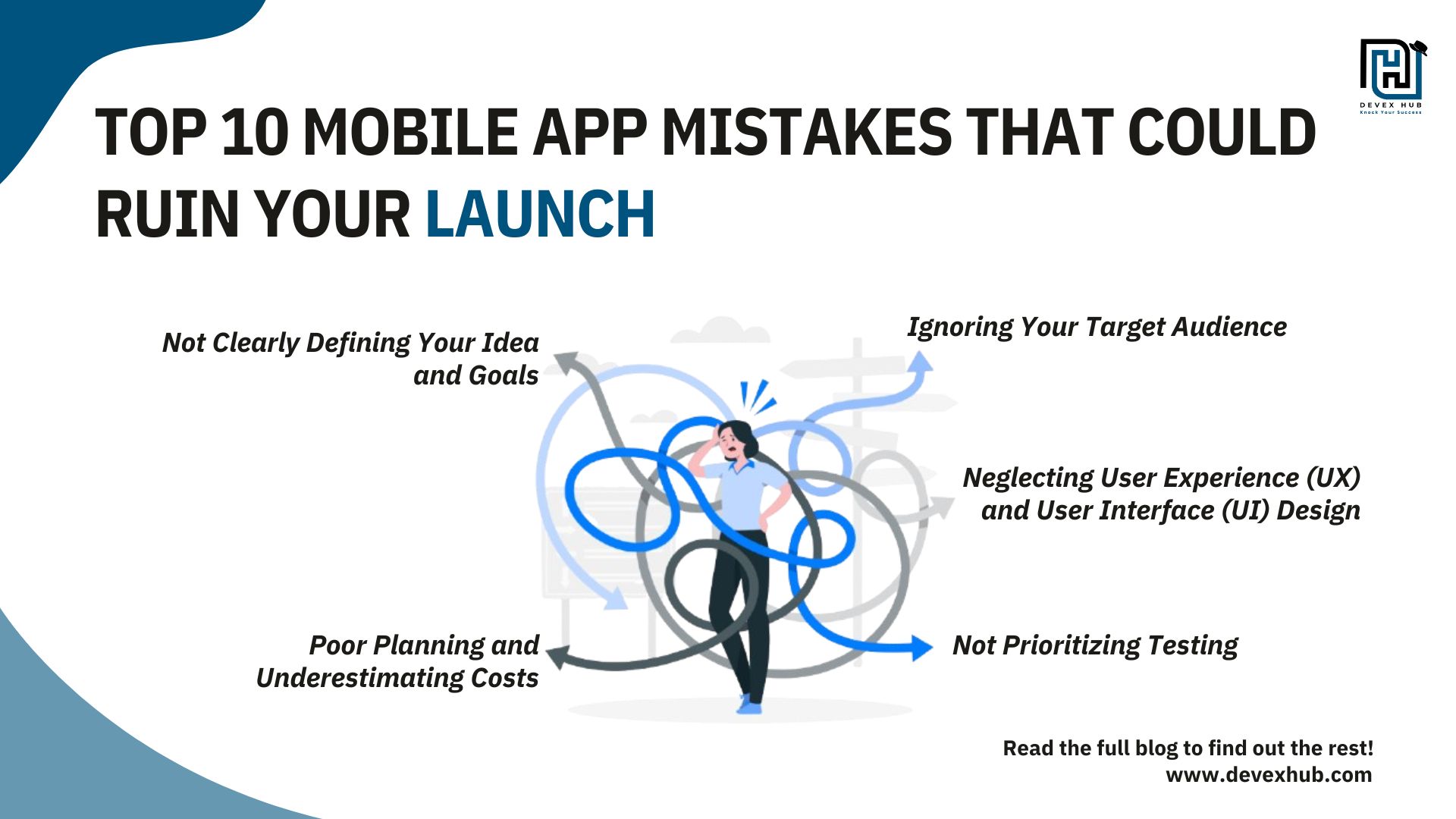Python vs PHP: Which Is the Best Choice for Web Development in 2025?
.png)
In the dynamic world of web development, selecting the appropriate programming language is pivotal. As we navigate through 2025, Python and PHP remain at the forefront, each offering unique advantages. This comprehensive guide aims to elucidate the strengths and considerations of both languages, aiding you in making an informed decision tailored to your project's needs.
Understanding Python and PHP
Python is a versatile, high-level programming language renowned for its readability and broad applicability, ranging from web development to data science and artificial intelligence.
PHP (Hypertext Preprocessor) is a server-side scripting language specifically designed for web development, powering a significant portion of websites globally.
Key Factors to Consider
1. Learning Curve and Syntax
Python: Celebrated for its clean and intuitive syntax, Python is often recommended for beginners. Its readability facilitates easier maintenance and collaboration among developers.
PHP: While PHP has evolved over the years, its syntax can be more complex for newcomers. However, experienced developers appreciate its flexibility and web-centric features.
2. Frameworks and Ecosystem
Python: Boasts robust frameworks like Django and Flask, which streamline web application development with built-in features and scalability.
PHP: Offers mature frameworks such as Laravel and Symfony, providing comprehensive tools for building complex web applications efficiently.
3. Performance and Scalability
Python: With the advent of asynchronous programming and frameworks like FastAPI, Python has enhanced its performance, making it suitable for high-concurrency applications.
PHP: PHP 8.2 has introduced significant performance improvements, including Just-In-Time (JIT) compilation, enhancing execution speed and efficiency.
4. Community Support and Resources
Python: Supported by a vast and active community, Python offers extensive documentation, tutorials, and third-party libraries, facilitating continuous learning and problem-solving.
PHP: Maintains a strong community with a wealth of resources, ensuring developers have access to support and updates.
5. Integration and Compatibility
Python: Excels in integrating with data analysis tools, machine learning libraries, and various APIs, making it a preferred choice for data-driven applications.
PHP: Seamlessly integrates with numerous databases and content management systems (CMS) like WordPress, making it ideal for web-centric projects.
Industry Trends in 2025
Python
Asynchronous Programming: The rise of asynchronous frameworks like FastAPI enables Python to handle multiple tasks concurrently, improving performance in web applications.
AI and Machine Learning: Python's dominance in AI and machine learning continues, with libraries like TensorFlow and PyTorch facilitating intelligent web solutions.
Serverless Architecture: Python's compatibility with platforms like AWS Lambda allows developers to build scalable applications without managing server infrastructure.
PHP
Modern Frameworks: Frameworks like Laravel continue to evolve, offering features that enhance development speed and application robustness.
Microservices Architecture: PHP's support for microservices enables the creation of modular applications, improving scalability and maintainability.
API-First Development: The emphasis on building robust APIs aligns with the growing demand for headless CMS and cross-platform integrations.
Career Opportunities and Market Demand
Python: The demand for Python developers remains high, especially in fields like data science, AI, and web development, often commanding higher salaries.
PHP: PHP developers continue to be sought after for web development roles, particularly in maintaining and developing CMS-based websites.
Devex Hub's Approach to Web Development Training
At Devex Hub, a premier industrial training company in Mohali, we recognize the importance of equipping aspiring developers with comprehensive knowledge of both Python and PHP. Our curriculum is designed to provide hands-on experience, ensuring students are adept at:
Python Development: Leveraging frameworks like Django and Flask to build scalable web applications, integrating AI and machine learning capabilities.
PHP Development: Utilizing frameworks such as Laravel and Symfony to create robust, efficient web solutions, with a focus on modern practices like microservices and API development.
By offering real-world projects, personalized mentorship, and up-to-date course material, Devex Hub ensures that students are well-prepared to meet industry demands and excel in their careers.
Making the Choice: Python or PHP?
Opt for Python if your project involves data analysis, machine learning, or requires rapid development with a clean syntax.
Choose PHP if you're focusing on web-specific applications, particularly those involving CMS platforms or requiring rapid deployment.
Ultimately, the decision hinges on your project's specific requirements, your team's expertise, and long-term goals. Both languages offer robust solutions for web development, and proficiency in either can lead to a successful career in the tech industry.
Embark on Your Web Development Journey with Devex Hub
Whether you're inclined towards Python's versatility or PHP's web-centric features, Devex Hub provides the training and resources to help you master your chosen language. Join us to gain practical experience, industry insights, and the skills necessary to thrive in the ever-evolving world of web development.


.png)


Comments
Post a Comment